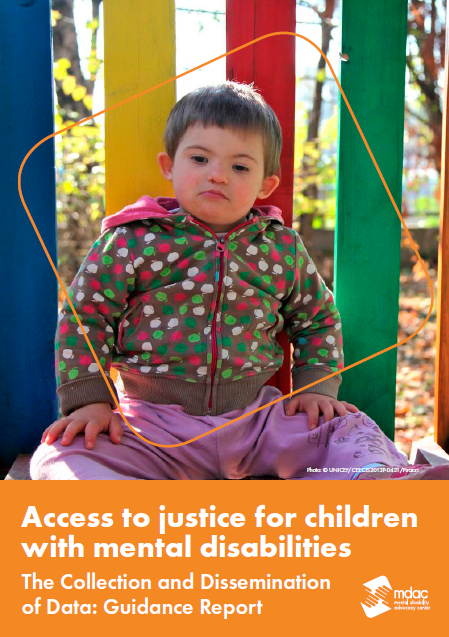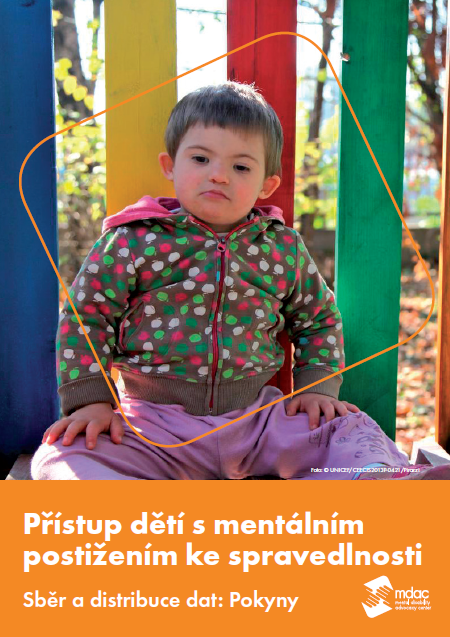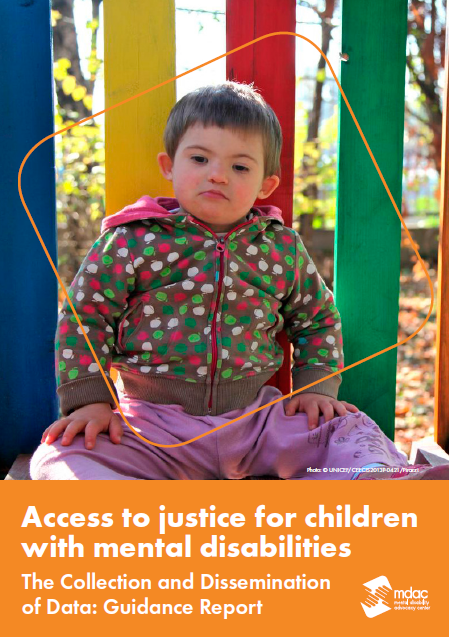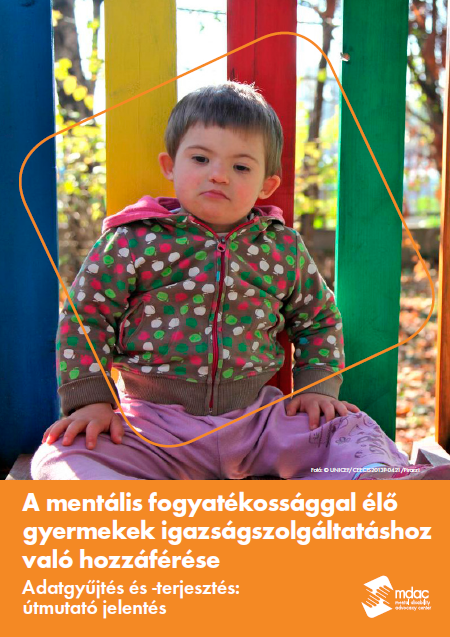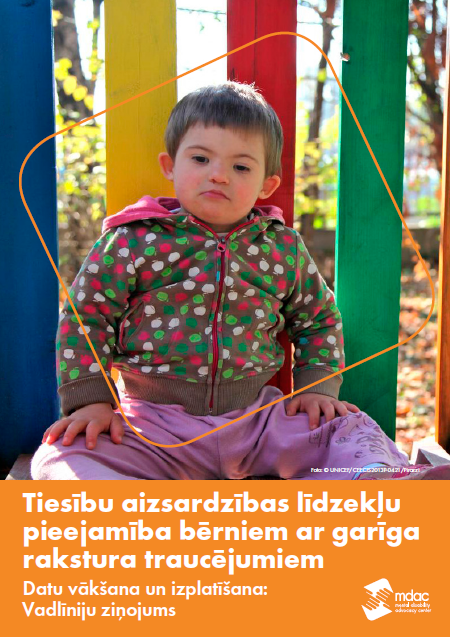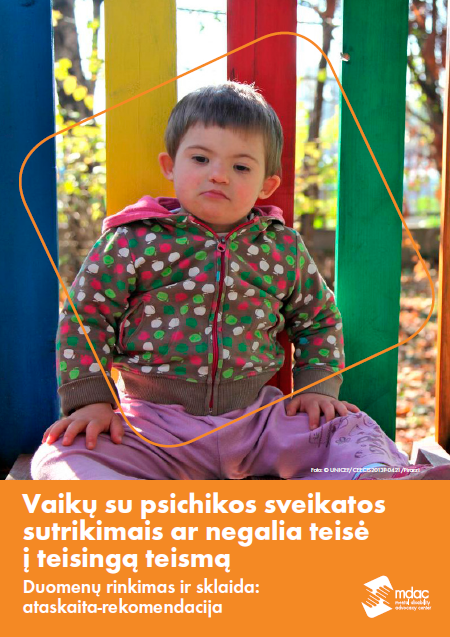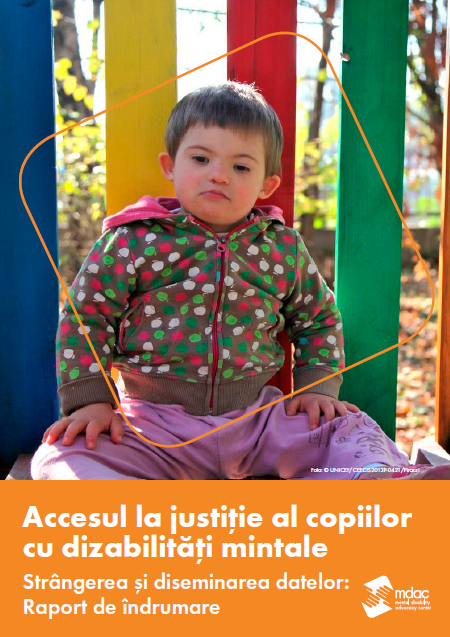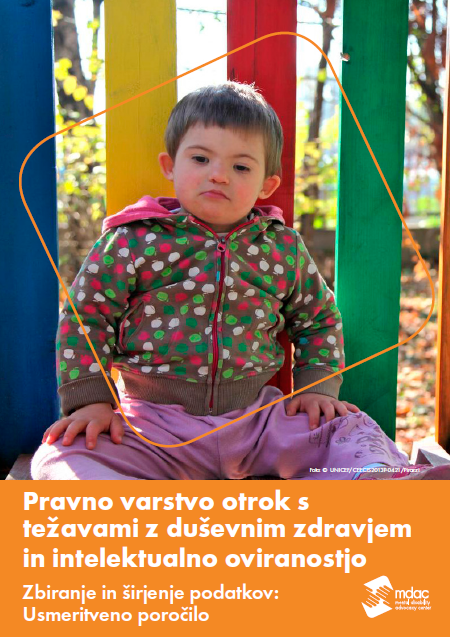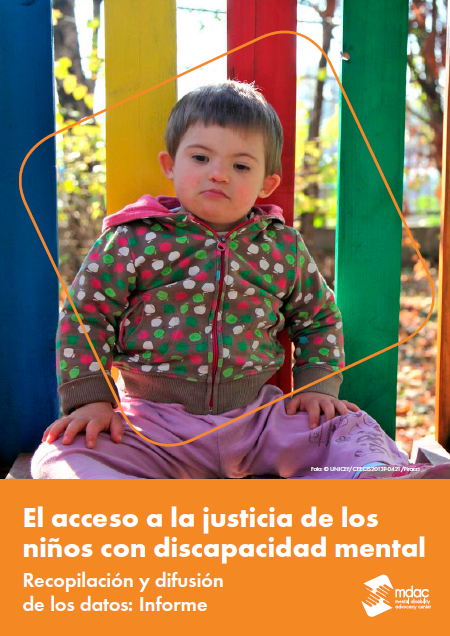Guidance on the collection and dissemination of data
Little information currently exists about the experiences of children with mental disabilities who are involved in judicial proceedings. Without such information, the nature and extent of barriers facing children with mental disabilities remains hidden from view for policy-makers and judiciaries.
This report examines the international obligations surrounding the collection of data, and exposes the significant gaps that currently exist at both domestic and European leves. The report sets out 15 key recommendations to close this important data gap and render the experiences of children with mental disabilities visible, including:
- Disaggregation of data on the basis of impairment-type, and a discussion of the ethical and practical challenges in defining data groups;
- The need for thematic studies to gain a greater insight on pathways and outcomes for children with mental disabilities who come into contact with justice systems;
- The design of feasible and effective data collection systems within national justice systems;
- The role of European institutions in supporting these processes, including the provision of expert technical assistance; and
- Why and how such information must be widely disseminated to decision-makers, families and children with mental disabilities themselves.
|
|
|
|
|
|
|
|
|
|
|
|
 |
This publication has been produced with the financial support of the Fundamental Rights and Citizenship Programme of the European Union. The contents of this publication are the sole responsibility of the Mental Disability Advocacy Center and can in no way be taken to reflect the views of the European Commission. |


